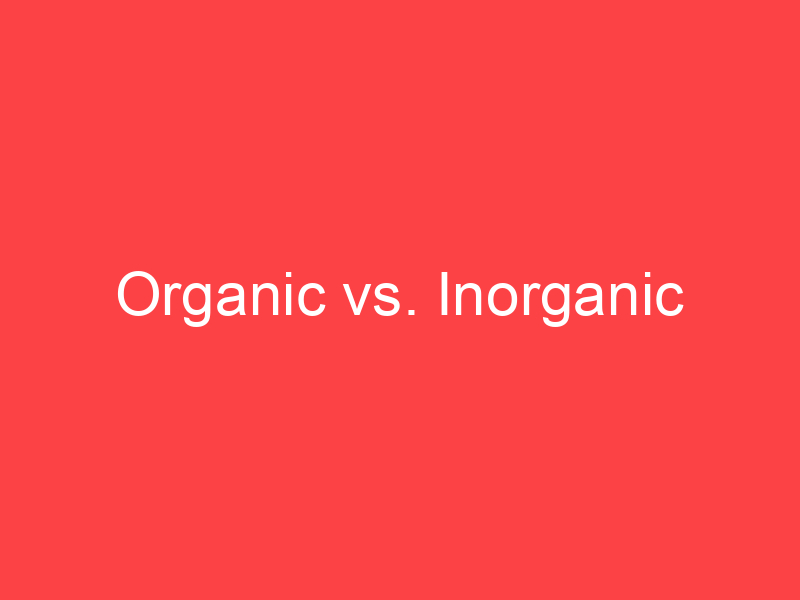-
Organic (adjective)
Pertaining to or derived from living organisms. from 1778
-
Organic (adjective)
Pertaining to an organ of the body of a living organism.
-
Organic (adjective)
Relating to the compounds of carbon, relating to natural products.
-
Organic (adjective)
Of food or food products, grown in an environment free from artificial agrichemicals, and possibly certified by a regulatory body. from 1942
-
Organic (adjective)
Describing a form of social solidarity theorized by Emile Durkheim that is characterized by voluntary engagements in complex interdependencies for mutual benefit (such as business agreements), rather than mechanical solidarity, which depends on ascribed relations between people (as in a family or tribe).
-
Organic (adjective)
Of a military unit or formation, or its elements, belonging to a permanent organization (in contrast to being temporarily attached).
-
Organic (adjective)
Instrumental; acting as instruments of nature or of art to a certain destined function or end.
-
Organic (adjective)
Generated according to the ranking algorithms of a search engine, as opposed to paid placement by advertisers.
-
Organic (adjective)
Developing in a gradual or natural fashion.
“The writing of the script was an organic process.”
-
Organic (adjective)
Harmonious; coherent; structured.
“The production came together in an organic whole.”
-
Organic (noun)
An organic compound.
-
Organic (noun)
An organic food.
-
Organic (noun)
A living organism, as opposed to a robot or hologram.
-
Inorganic (adjective)
relating to a compound that does not contain carbon
-
Inorganic (adjective)
that does not originate in a living organism
-
Inorganic (noun)
An inorganic compound
-
Organic (adjective)
relating to or derived from living matter
“organic soils”
-
Organic (adjective)
relating to or denoting compounds containing carbon (other than simple binary compounds and salts) and chiefly or ultimately of biological origin.
-
Organic (adjective)
(of food or farming methods) produced or involving production without the use of chemical fertilizers, pesticides, or other artificial chemicals
“organic farming”
“organic meat”
-
Organic (adjective)
relating to a bodily organ or organs.
-
Organic (adjective)
(of a disease) affecting the structure of an organ.
-
Organic (adjective)
denoting or characterized by a harmonious relationship between the elements of a whole
“the organic unity of the integral work of art”
-
Organic (adjective)
characterized by gradual or natural development
“the organic growth of community projects”
-
Organic (noun)
a food produced by organic farming.
-
Organic (noun)
an organic chemical compound.
-
Inorganic (adjective)
not consisting of or deriving from living matter.
-
Inorganic (adjective)
without organized physical structure.
-
Inorganic (adjective)
relating to or denoting compounds which are not organic (broadly, compounds not containing carbon).
-
Inorganic (adjective)
not explainable by the normal processes of etymology.

